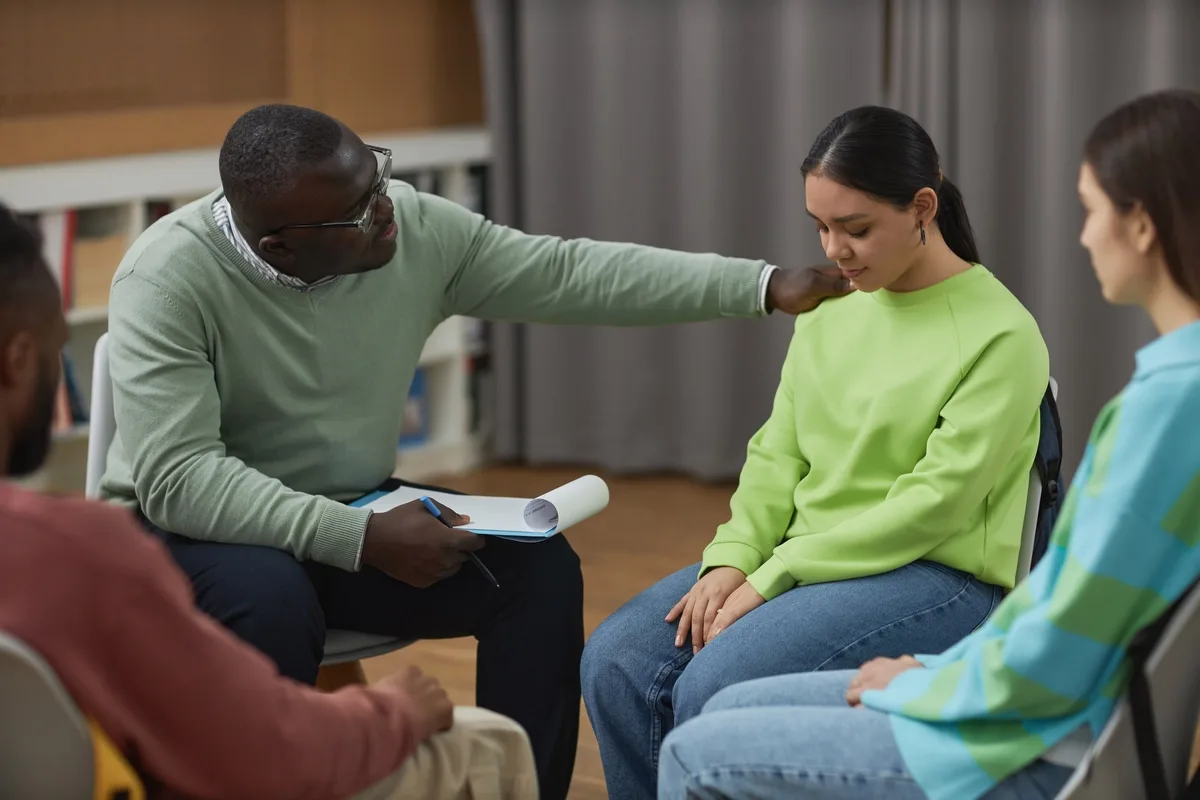24/7 Helpline:
(866) 899-221924/7 Helpline:
(866) 899-2219
Learn more about Residential Rehab centers in Howard County
Residential Rehab in Other Counties

Other Insurance Options

Optima

Highmark

Sliding scale payment assistance

Optum

Ambetter

United Health Care

AllWell

Horizon Healthcare Service

UMR

GEHA

Oxford

EmblemHealth

MHNNet Behavioral Health

Meritain

Health Net

Group Health Incorporated

Multiplan

Health Choice

Carleon
Beacon

JAEL Health Services
JAEL Health Services is a private rehab located in Ellicott City, Maryland. JAEL Health Services spe...




















































































































































































































Counseling Resources
Counseling Resources is a private rehab located in Ellicott City, Maryland. Counseling Resources spe...

Yudaguru Integrative Wellness
Yudaguru Integrative Wellness is a counseling center located in Ellicott City, Maryland. Lead by Abh...

















































































































